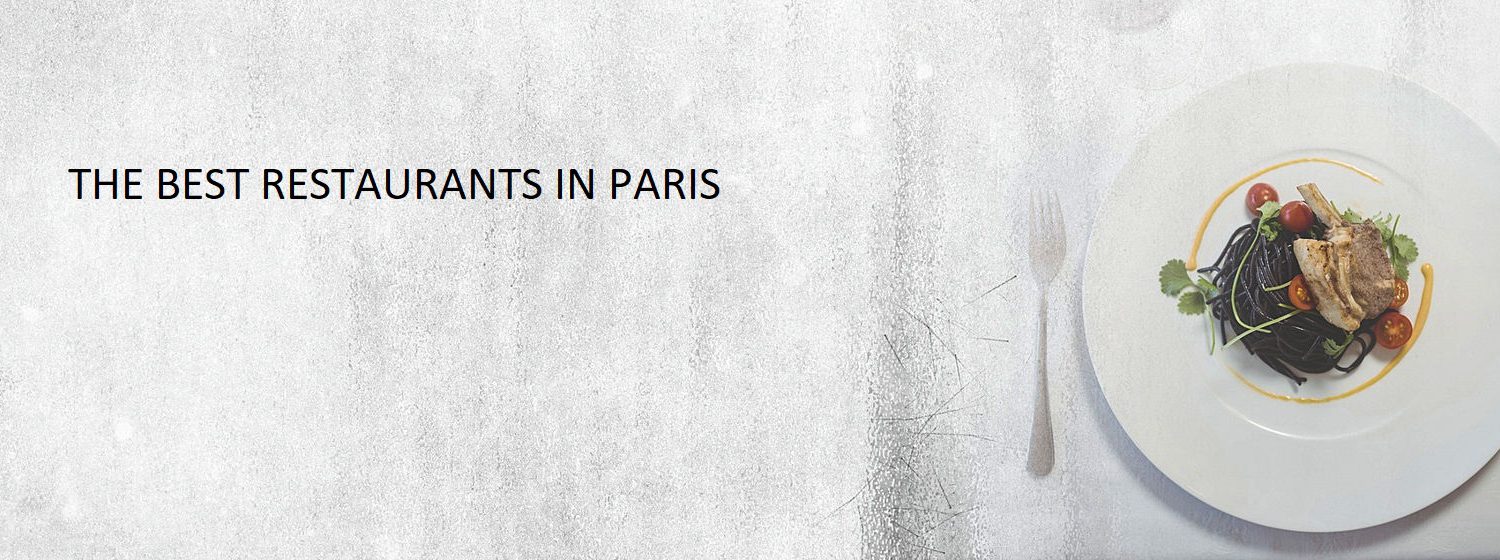How to Experience Paris Like a Parisian
Paris is more than a city to visit – it is a way of life. People often say: “You are not born Parisian, you become one.”Even during a short stay, you can adopt the little habits and attitudes that make daily life in Paris unique. This guide will help you blend in and enjoy the city like a true local.
Important Note
This guide is not meant to judge every behavior or impose strict rules. Parisians, like people everywhere, are diverse, and not everyone acts the same way. These tips are simply the most common habits and social codes observed in the city. By following them, you will avoid most misunderstandings and enjoy a smoother, more authentic experience during your stay.
To many travelers, Parisians seem busy, reserved, or even a little cold. But behind that first impression lies a way of living the city — focused, fast-paced, and deeply rooted in daily life.
In Paris, people walk quickly, not out of impatience, but because they know where they’re going and respect the flow of others. Parisians appreciate discretion: they speak softly in public, avoid exaggerated gestures, and keep calm even amid the city’s chaos. Politeness is simple yet essential a friendly bonjour, s’il vous plaît, or merci can make all the difference.
What might look like distance is often just a form of elegant reserve, not unkindness. Parisians observe more than they speak, sip their coffee quietly, and prefer honest exchanges to forced small talk.
Being Parisian also means loving the city while complaining about it — a charming contradiction.
It’s about noticing beauty in everyday life: a building façade, the smell of fresh bread, the light over the Seine.
Parisians don’t try to impress; they aim to be authentic.






